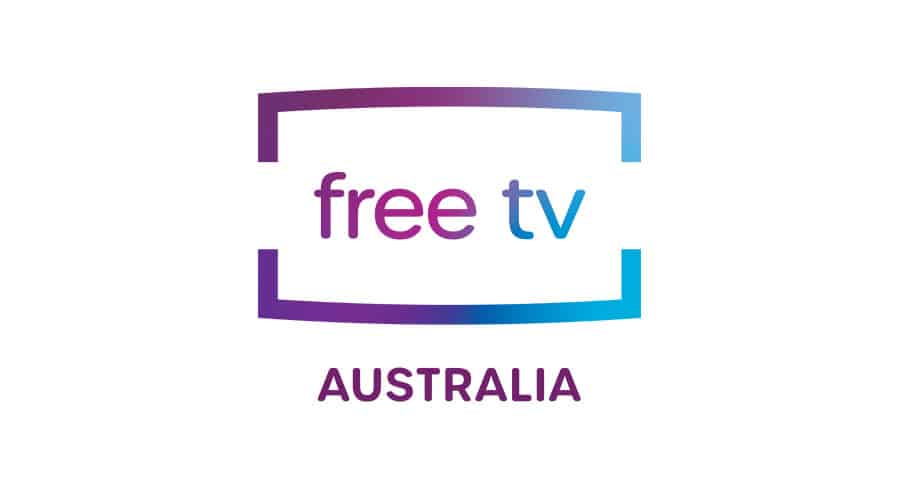Free TV Australia has welcomed the federal government’s decision to suspend the Commercial Broadcasting Tax (CBT) for one year from June 2025, as announced in the December 2024 Mid-Year Economic and Fiscal Outlook. The temporary suspension will alleviate around $50 million in costs for Australia’s commercial broadcasters, who continue to provide free, high-quality television content to audiences nationwide.
Bridget Fair, CEO of Free TV, described the move as a “positive first step” towards eliminating what she termed an outdated and unfair financial burden on the industry.
“This is an important first step to removing an outdated and unreasonable burden on commercial television broadcasters, and we thank Minister Rowland for implementing this measure today. Free TV broadcasters already spend $1.67 billion a year on Australian content for the benefit of all Australians and are subject to a raft of additional regulatory requirements that do not apply to global digital giants we compete with,” Fair said.
Calls for permanent abolition
While acknowledging the temporary relief, Free TV is urging the government to permanently abolish the tax, which it argues is a legacy levy that no longer serves its original purpose.
“The CBT is nothing more than a disguised super profits tax, a hangover from the percentage of revenue licence fee first imposed on broadcasters in 1964,” Fair said. “It is now time to permanently remove the significant handbrake on the commercial television industry that the CBT has become. It is extremely important that Government recognises real and material regulatory costs, and the value of public goods that commercial television broadcasters provide, when considering industry tax settings.”
Free TV has committed to working with the government and political parties to secure the full removal of the tax, citing its continued impact on the sustainability and competitiveness of Australia’s free-to-air sector.
The background on CBT
• The 4.5% percentage of gross revenue licence fee was converted to the Commercial Broadcasting Tax in 2017 as part of regulatory reforms aimed at improving the financial viability of free-to-air broadcasters.
• Initially positioned as an interim measure for up to five years, the CBT has persisted, creating ongoing financial strain on the sector.
• Although sometimes referred to as a spectrum tax, the CBT has no direct link to spectrum value and instead replaced the revenue-based tax it superseded.
• Free TV argues the CBT is effectively a super profits tax, yet the sector is not generating excess profits and is facing increased advertising competition from global digital platforms.
• Unlike commercial television broadcasters, digital platforms do not bear the same regulatory costs, including stringent requirements around journalistic accuracy, fairness, and advertising restrictions.
• Given that advertising is the sole revenue stream permitted for commercial broadcasters under Australian law, Free TV maintains that the CBT negatively impacts profitability and industry sustainability.
The decision to suspend the CBT provides temporary relief, but Free TV insists that a long-term solution is necessary to ensure the future viability of the sector. The association argues that free-to-air broadcasters play a crucial role in delivering trusted local content, news, and entertainment, which must be reflected in a fairer regulatory and tax framework.
“The tax materially affects the profitability of local commercial broadcasters, which is relevant to industry sustainability,” Fair added. “Now is the time for decisive action to permanently remove this unfair burden and allow Australian broadcasters to compete on a level playing field.”
